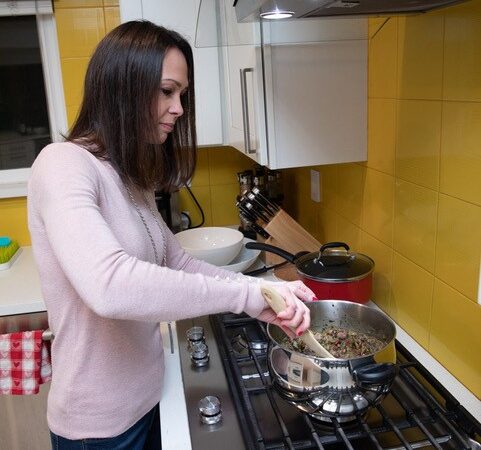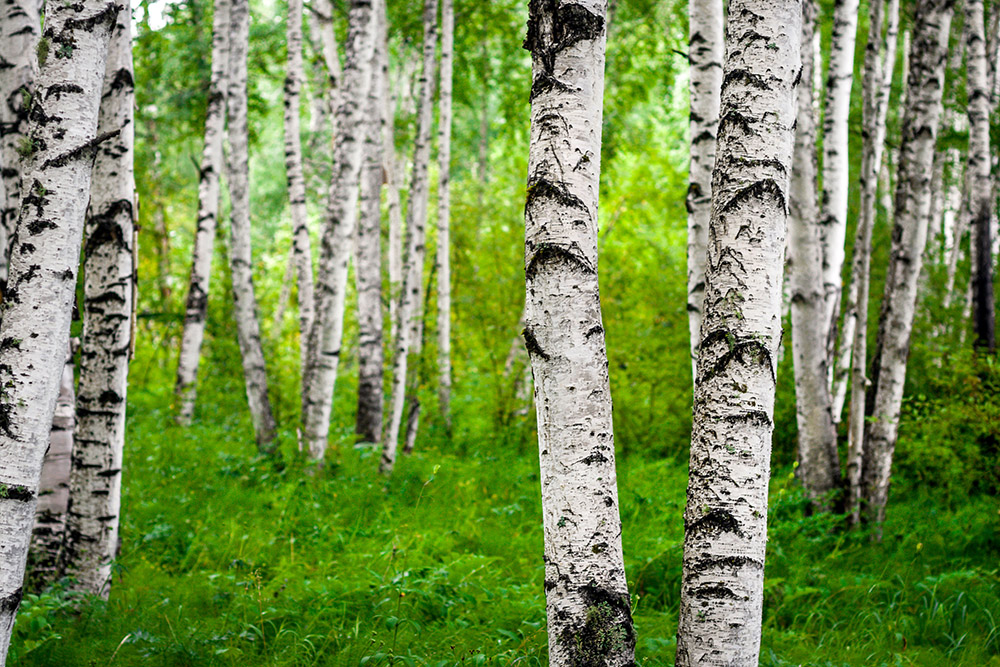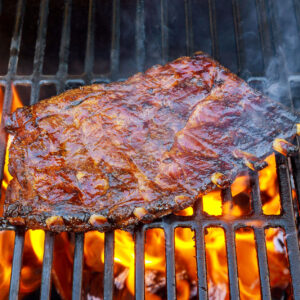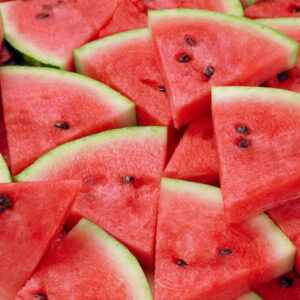Throughout history, birch has been used for a variety of reasons, although its medicinal properties may not be as well-known. Its sap can be turned into a refreshing beverage and, when preserved, can be made into a wine, beer, or spirit. Additionally, its leaves are a great source for making tea and oil. In any form, birch is an excellent detoxifier and tonic, primarily used to rid the body of waste products in the urinary system, such as kidney stones, bladder stones, gout, and rheumatism. It can also help reduce fluid retention and swelling and treat various skin issues.
Birch is a highly beneficial and aesthetically pleasing tree. People living in colder regions have been utilizing its products for millennia, ranging from glues to alcohol, baskets to yokes, boats to vinegar. Its healing properties have been recognized and should be made more widely known.
Considered to be the oldest tree in Britain, birch trees were the first to arrive after the ice caps melted. They grew quickly, eventually decaying to leave an environment where other species could thrive. With its short life cycle, birch doesn’t develop strong heartwood, but the light wood is ideal for the production of buckets and canoes.
Related Birch Tree Species
The Silver Birch (Betula pendula) and Downy Birch (B. pubescens) are both native to the northern temperate climates of Eurasia and can be found in North America as introduced species. In comparison, the Sweet Birch (B. lenta) is native to eastern parts of North America and has also been introduced to other regions.
How It’s Used
Around the globe, multiple types of birch trees are known to possess healing properties. In Ayurvedic medicine, the Himalayan Silver Birch (B. utilis) is utilized for its medicinal purposes.
In the early months of spring, the sap from trees is collected. The foliage is picked during the spring and the beginning of summer, and the bark is also utilized.
Birch And Its Medicinal Properties
It has been traditionally believed that birch sap, birch water (or blood) can be used to treat kidney stones, skin ailments, and joint pains. Furthermore, consuming it in the spring can be a good way to refresh and purify the body, eliminating the lethargy of winter. The fermented sap can also be used for making birch wine, ale, and other spirits. Another commodity that can be extracted from this generous tree is an oil tar from the bark. This is commercially employed in ointments and creams for chronic skin issues.
Birch tea, made from fresh leaves or buds, is a potent yet pleasant beverage that can aid in detoxifying the body, relieving urinary issues such as cystitis, and reducing symptoms of rheumatism, arthritis, and gout. Some herbalists recommend adding a small amount of baking soda to enhance the tea’s ability to lower high levels of uric acid. Additionally, the tea can be beneficial for conditions related to fluid retention, including edema and dropsy, due to its high potassium content. Unlike medical diuretics, birch tea does not deplete the body of potassium.
As a powerful eliminator, birch tea can also be applied directly to the skin as a compress to help with conditions such as herpes, eczema, and similar issues. To make your own birch leaf oil, simply infuse the leaves in olive or sweet almond oil. This oil is used in commercial cellulite treatments and can be massaged into the skin to alleviate muscle aches, pains, fibromyalgia, and rheumatism. To maximize the benefits, drinking the tea, in addition to using the oil, is recommended.
Birch is considered safe for medicinal use, and no negative side effects have been reported. Below you will find a unique and savory tea tonic made with the bark of the silver birch. Sweetened with raw honey, this tonic is sure to please.
Silver Birch And Raspberry Mint Tea Tonic Recipe
Prep Time: 20 minutes
Yields: 1 serving
1 teaspoon dried silver birch bark
1 tablespoon dried dandelion root
1 teaspoon star anise
½ teaspoon dried peppermint leaves
1 tablespoon dried raspberry leaves
½ tablespoon raw, unpasteurized honey, to taste if desired.
Instructions
Heat water on the stovetop. Do not boil. You should see small bubbles forming at bottom of teapot. When you do, remove it from heat. Then place all ingredients into hot water to steep. Allow to steep for 5 to 10 minutes, depending on how strong you want your tea. You should see a beautiful orange color from the silver birch bark. Add honey if desired. Pour into teacup and serve hot.












